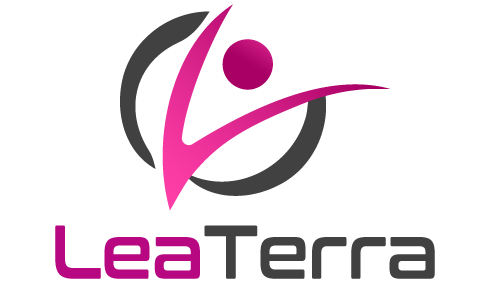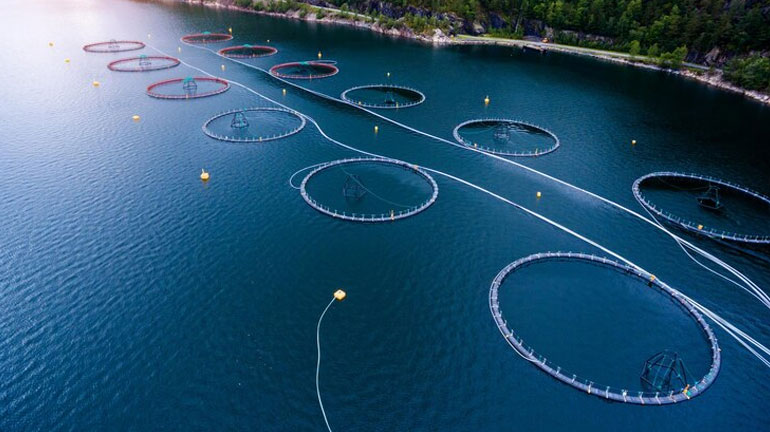


Fish, crustaceans, mussels, and algae are not only tasty and good for our health, but they are also indispensable means of feeding our growing global population. The key is to ensure that the methods used to produce them are kind to animals, humans, and the environment. Ponics bought a revolutionary change in organic fish farming
Ponics facilitate the entire fish and seafood production process from rearing to processing. Rigorous inspections, the use of certified, organic ingredients, and avoidance of sensitive additives are a matter of course.
Some of the activities that are included in our organic fishing services:
Choose their location carefully, protecting aquatic environments and surrounding ecosystems.
Ensure they care for their stocks with compassion and keep stocking rates low.
Refrain from using genetic engineering, chemical additives, growth stimulants, and hormones.
Use certified organic feed and fulfill strict conditions when using medicines.
Test their water, sediment, feed, and end products regularly.
Commit to gradually regenerating former mangrove forests.
Finally, provide their employees around the world with high social standards.
Ponics encourage fish farming of a wide range of species. In addition to the general standards for organic aquaculture, there are also additional species- and system-specific farming requirements that apply to each species.
The farmers engaged in aquaculture practices prescribed by us are obligated to comply with our standards for social responsibility. In the interests of both animals and nature, we place stricter limits on stocking densities. We also require regular testing to be carried out on the water, sediment, feed, and end products. The use of antibiotics and traditional medicines on prawns is prohibited, and their use on fish is strictly limited. Prawn farmers are committed to gradually regenerating former mangrove forests.
While conventional, intensive fish farming often leads to environmental issues, Ponics promotes the protection of surrounding ecosystems as part of its standards for organic aquaculture. Our fish farms are committed to limiting the number of nutrients they introduce into the environment and to providing evidence of regular environmental testing.
Efficient feed conversion is also good for sustainability. Salmon utilizes its feed significantly better than cattle, pigs, and even poultry. Ponics encourages fishermen to use fish feed, which contains fish meal and fish oil that originate from waste fish products from the food production industry. The food products themselves must also be derived from sustainable fishing or organic aquaculture. The use of synthetic dyes that are typically used on conventionally farmed salmon to obtain its distinct color is not allowed.
Ponics farmers take a ‘”prevention is better than cure” approach when it comes to fish health. Ponics also ensure animal welfare is maintained during transport and slaughter.